Terry Real, a renowned family therapist and best-selling author, helps people create the connections they desire in their relationships. In this episode, Terry describes how his upbringing with an abusive father forged his path to become a therapist, develop his Relational Life Therapy (RLT) framework, and write I Don’t Want to Talk About It—a book that reveals the hidden legacy of male depression. Terry discusses the link between childhood trauma and the deep-rooted shame, anger, and depression, which can result in feeling disconnected. Using real-life examples, Terry explains how he implements RLT to confront trauma, discover its origin, and teach the skills to break the cycle of pain, in order to live a satisfying life.
Want more content like this? Check out our interviews with Kristin Neff on the power of self-compassion and Esther Perel on the effects of trauma.
Subscribe on: APPLE PODCASTS | RSS | GOOGLE | OVERCAST | STITCHER
We discuss:
- Terry’s upbringing with a depressed and abusive father [3:15];
- The importance of the repair process, after relational disharmony, to break the trauma cycle [15:15];
- The impact of a patriarchal society, and relational growth as the next step for feminism [19:00];
- Origins of deep-rooted shame, and the difference between feeling ashamed and feeling guilty [27:15];
- Preventing the propagation of trauma without over-coddling kids [35:30];
- The one-up/one-down cycle from grandiosity to shame [37:30];
- Covert depression—Steps to fixing the secret legacy of male depression [40:00];
- Three forms of false self-esteem [50:00];
- Narcissism—a misunderstood concept [51:45];
- The interplay of shame, anger, and grandiosity, and how to break the cycle [54:15];
- The Relational Life Therapy framework [1:06:30];
- How the adaptive child becomes the maladaptive adult [1:15:30];
- Speaking the language of social relationships [1:21:45];
- When does it make sense for a couple to separate? [1:26:30];
- Witness abuse—Consequences of screaming at your partner in the presence of children [1:28:15];
- Cases of instantaneous change, and others which take more time [1:30:45];
- Reconciling with his father—Terry’s final conversation with his dad [1:33:45]; and
- More.
-Depression
- “Depression runs up and down my family” says Terry (who is “happily” on antidepressants himself to this day)
- Depression typically manifests in hurting others around you
- “Hurt people hurt people” as the saying goes
Where most instances of violence and abuse comes from
- Central to Terry’s work on masculinity is the translation of shame into grandiosity
- Feeling less than, inadequate, unlovable pushes people into the “one down” of shame
- From there you flip into the “one up” of grandiosity—superiority, better than, attack, avenging angel, righteous indignation
- This “one down/one up”—from victim to avenger—is central to masculinity and traditional manhood
- What’s devilish about shifting from shame (injury) into grandiosity (attack) is that it makes you feel better in the short run, but it just creates havoc in your life
- Terry’s father despised vulnerability because he despised his own father, who he saw as weak
- So when Terry’s dad perceived weakness and vulnerability in Terry–that’s precisely when he would “attack”
- Terry calls his father’s actions a hyper-masculine response to trauma
The importance of the repair process, after relational disharmony, to break the trauma cycle [15:15]
- Pia Mellody defined trauma or injury as any significantly less than nurturant transaction between parent and child
- But the most important thing is–whether or not there is repair
- All parents are imperfect — and a child’s character is shaped by those injuries which creates the “adaptive child self”
A model for relationships
- Terry’s model for relationships comes from Ed Tronick — the basic rhythm of all relationships is harmony, disharmony, and repair
- Terry finds that most of the dysfunctional families have little to no repair process
“In all the dysfunctional families I’ve treated over the years, there’s little to no repair. The repair process has gotten jammed up somehow, and so there’s just injury, and then you live with it until the next injury.”
Terry tells a story of a mistake he made with his young son:
{end of show notes preview}

Terry Real
Terry Real is an author, speaker, and family therapist. As a family therapist and teacher for more than 25 years, Terry helps his clients live in connection with others using his Relational Life Therapy (RLT) framework. He is also the bestselling author of a number of books including, I Don’t Want to Talk About It: Overcoming the Secret Legacy of Male Depression, How Can I Get Through to You?: Closing the Intimacy Gap Between Men and Women, and The New Rules of Marriage: What You Need to Know to Make Love Work. Terry also founded the Relational Love Institute, offering workshops for couples, individuals, and patients around the country along with a professional training program for clinicians.

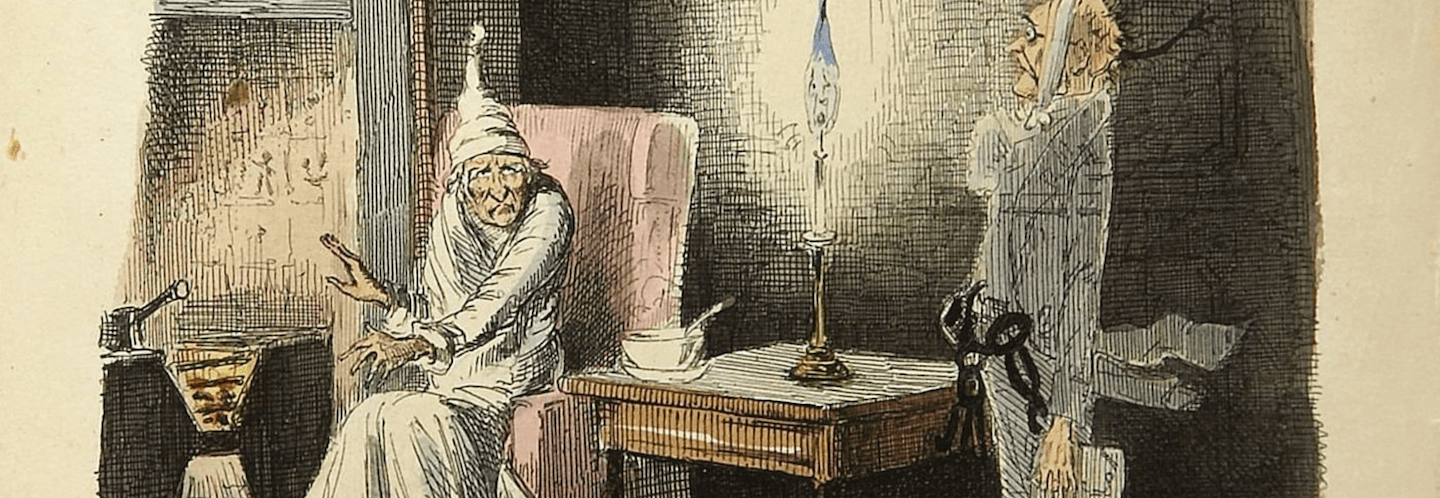
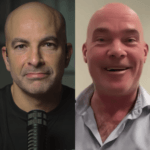
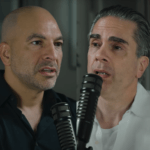
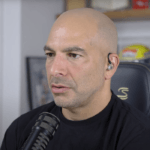
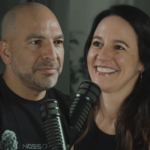
Just incredible work guys. Thank you.
Hi Peter This is such a super podcast I just had to comment. I’ve been rewinding and re-listening to so many parts. I think I’ve just found the book I’ll gift more than any other. Thanks and I hope you are well 🙂
I don’t always listen to your “softer,” less science-y podcasts. I almost didn’t listen to this one, but WOW, am I glad I tuned in. Wonderful content here. Everyone on the planet should hear this.
Thank you Terry and Peter. My dear sister brought this to me as one of three brothers who grew in an abusive and neglectful parental relationship.
I particularly enjoyed the piece on treating sons with a lighter critical touch as if they were “delicate and sensitive”girls.
Hi Peter,
Your podcasts have always resonated with me, perhaps also being a ‘Pete’, also a Canadian, also an engineer originally, also a Queen’s grad, etc . But this podcast was life-changing – just incredible. Debt of gratitude to both you and Terry for this.
My brother and I owe you a debt of gratitude for bringing Terry on. We grew up in a neglectful household with an alcoholic father and a mother who was preoccupied with managing the house (in the absence of our dad). I sent the podcast to my brother “mid listen” and told him he absolutely had to listen to this. I listened toTerry’s book and also got my brother and his wife to seek out a “Terry approved” marriage counselor. Wow, the ripple effects of this particular podcast are astounding! Thank you so much.
I’m sending you much humble gratitude. It resonated with me having grown up in a household of strict discipline and caste system.the personal anger faced with injustice and discrimination due to caste and hearing that I was not good enough.
So thank you.
I have given away multiple copies of “I Don’t Want to Talk About It” since first hearing about it on your podcast a few years ago and it has been on of the most important books of my life. Thank you both.